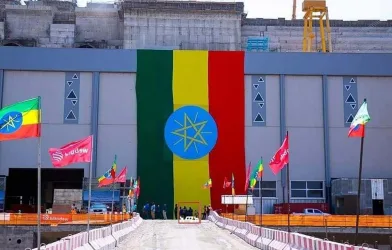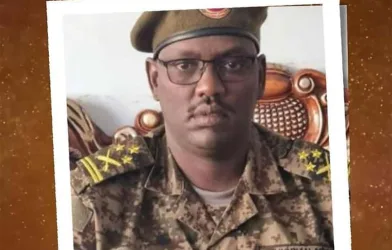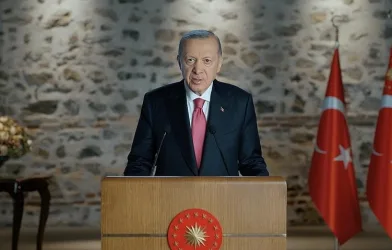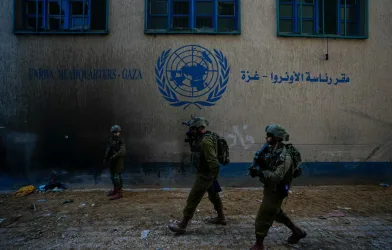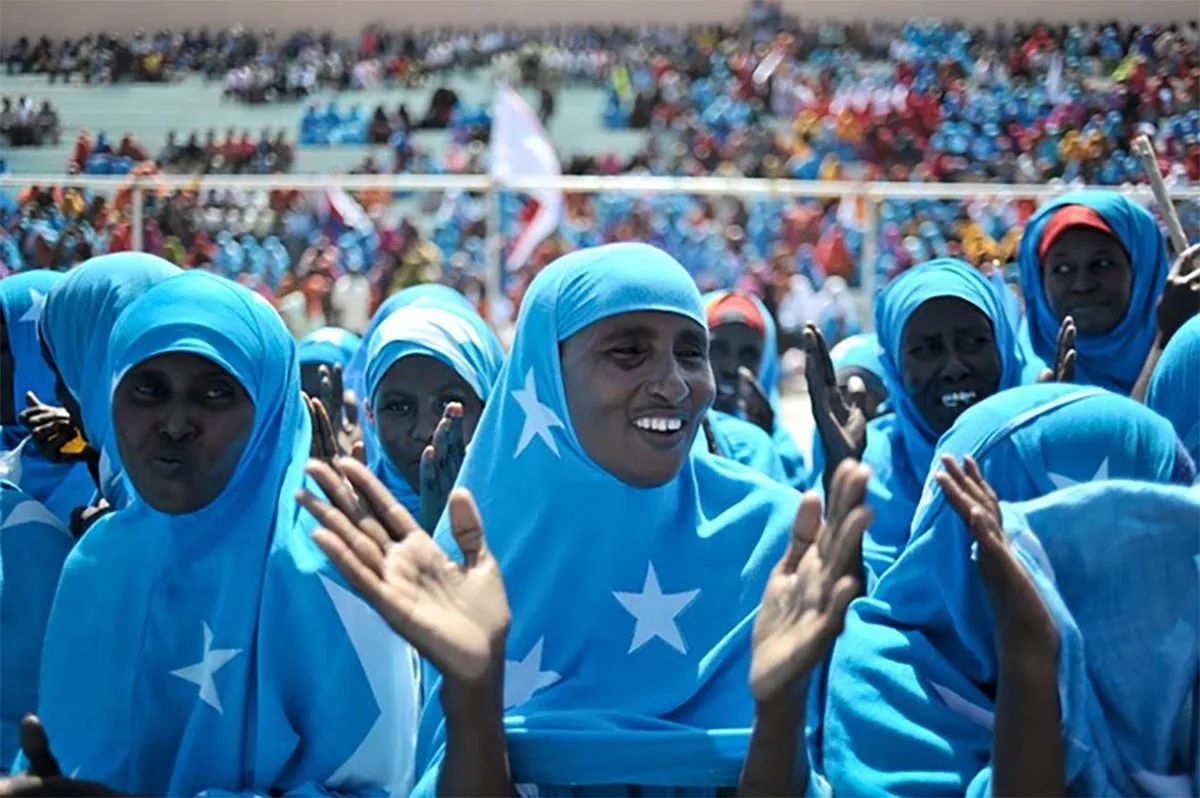
In recent decades, Somalia has navigated a challenging journey fromturmoil to asserting its sovereignty and self-sufficiency. The nation once faced deep internal conflicts, especially after the overthrow of its central government in 1991, where a lack of consensus among various factions led to instability. During this tumultuous period, external forces, notably from Ethiopia, heavily influenced Somalia’s political landscape. Ethiopian leaders often intervened, providing arms and seeing Somali affairs as extensions of their own strategic interests, with some Somali politicians seeking favor and alliances in return.
Yet, over the years, Somalia has embarked on a remarkable resurgence, turning its focus inward to develop a robust and strategic national vision. The Federal Government of Somalia has prioritized asserting its sovereignty by bolstering the Somali National Army and independently combatting threats such as Al-Shabaab. This shift towards autonomy has transformed its diplomatic relationships, particularly with neighboring Ethiopia, which had previously played a decisive role in driving Somalia’s internal and foreign policies.
Today, Somalia celebrates its accomplishments on the global stage, such as achieving crucial debt relief and lifting the longstanding arms embargo. Furthermore, the nation actively pursues bilateral agreements to explore and harness its natural resources, including oil and gas. Somalia’s enhanced global diplomacy is highlighted by its election as a non-permanent member of the UN Security Council and the strengthening of its military presence in regions once managed by ATMIS.
Despite these significant strides, Somalia continues to grapple with challenges, particularly regarding its territorial integrity. A recent contentious issue was Ethiopia’s illegal Memorandum of Understanding with Somaliland, aimed at annexing parts of Somalia. Somalia remains unwavering in its determination, firmly rejecting any attempts of annexation and vowing to protect its sovereignty by all means necessary.
Simultaneously, Somalia is committed to fostering good neighborly relations and adhering to international law, such as the United Nations Convention on the Law of the Sea (UNCLOS), and respecting treaties that safeguard the rights of landlocked states and uphold the African Union Charter of 1963 on borders. This commitment stands in stark contrast to Ethiopia’s actions, which often overlook international norms, despite hosting the African Union headquarters in Addis Ababa.
As of 2024, this evolving dynamic has drawn international attention, resulting in increased support for Somalia’s rightful stance. Global stakeholders and organizations are increasingly recognizing Somalia’s dedication to international standards and the critical importance of safeguarding its territorial sovereignty. This burgeoning global awareness and backing are pivotal for Somalia as it continues to fortify its diplomatic endeavors, ensuring its sovereignty is both respected and protected on the international stage.
Somalia’s narrative is one of resilience and determination, serving as an inspiring beacon for nations confronting similar adversities. By fortifying its independence, enhancing security, and committing to global norms, Somalia is setting a benchmark for accountable governance and self-reliance in the Horn of Africa. The Federal Government’s strategic initiatives keep Somalia on a steady path toward progress, solidifying its role as a strong, autonomous, and esteemed member of the international community.
Hamza Haadow is a Senior Diplomat and the Permanent Secretary at the Ministry of Foreign Affairs and International Cooperation, The Federal Republic of Somalia.


